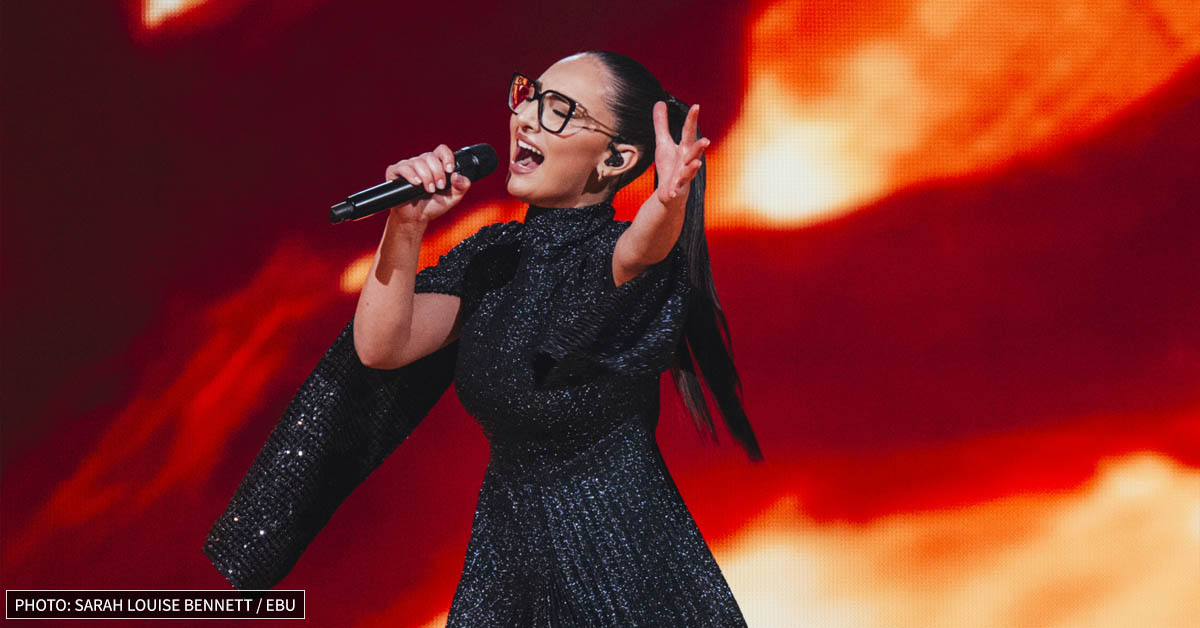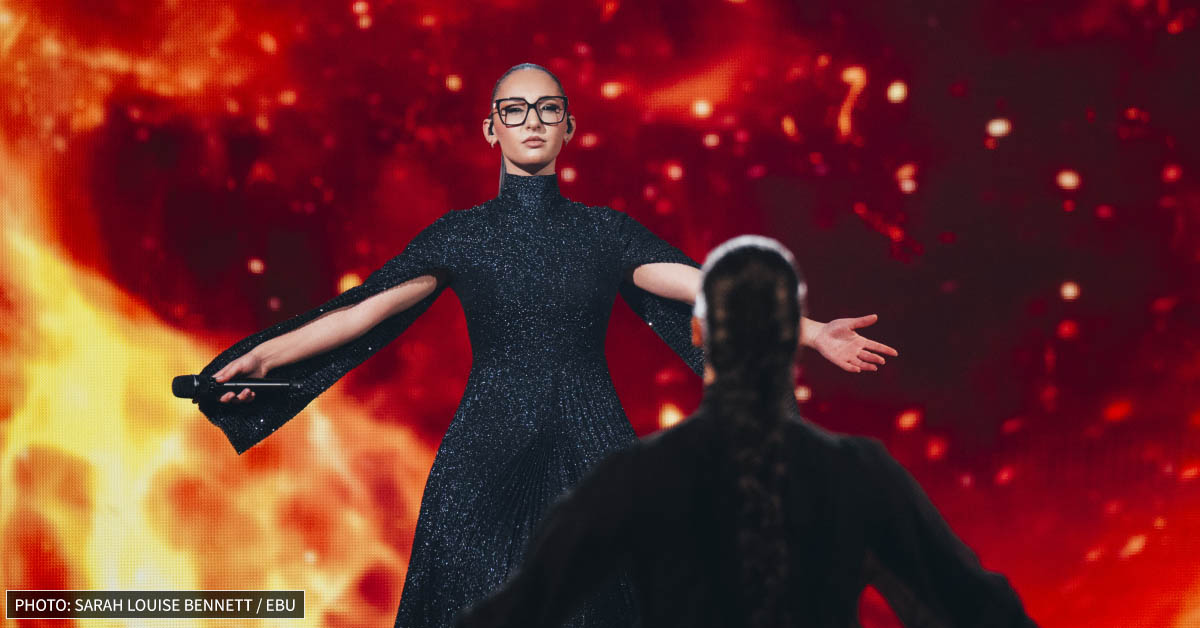
Greece at Eurovision 2025: Klavdia from Greece was asked not to mention the Pontic Genocide, sparking debate on freedom of expression, identity, and the rules set by Eurovision’s organizers.
During preparations for the 2025 Eurovision Song Contest, an unusual directive emerged from the event’s organizers: Klavdia, Greece’s representative, was asked not to make any public reference to the Greek-Pontic Genocide – a deeply sensitive issue that has preoccupied Greek society for decades. This request, prompted by concerns over potential negative reactions from Turkey, sparked widespread public debate in Greece and across Europe. For many, it raises questions about freedom of expression, national identity, and historical memory – right on the world’s biggest entertainment stage.
Who Are the Pontic Greeks?
The Pontic Greeks are an ethnic Greek group originating from the Pontus region, along the Black Sea coast in what is now northeastern Turkey. This ancient community settled in the area as early as the 8th century BCE, maintaining a distinct language, culture, and tradition, and was closely associated with Greek Orthodox Christianity.
During and after World War I (1914–1923), the Ottoman Empire systematically carried out genocide against the Pontic Greeks: hundreds of thousands were murdered, forced on death marches, executed, or exiled from their homes. Estimates suggest between 450,000 and 900,000 victims. These massacres were part of a broader policy of ethnic cleansing against Christian minorities, similar to what befell the Armenians and Assyrians.
Most Pontic refugees fled to Greece, where they integrated into society but continued to preserve their unique identity and culture. Today, Pontic heritage is visible in festivals, community events, and ongoing efforts to maintain the language and traditions.
Broader Implications: Culture, Politics, and Eurovision Rules
The demand to avoid mentioning the Pontic Greek Genocide in the context of Eurovision is not isolated from a broader context. The Eurovision Song Contest, featuring dozens of countries, is known for its strict policy against political messages in songs and performances. However, Klavdia’s case reignites the debate over the boundaries of freedom of expression at international events.
Longtime Eurovision fans note,
“Eurovision has always been a stage not just for music, but for national stories and silenced voices”.
In conversations with Eurovision enthusiasts online, opinions were divided: some see the directive as a necessary step to preserve the spirit of the contest, while others argue it represents a dangerous silencing of historical truth.
Behind the Scenes: Personal Journey, Identity, and Audience Experience
 Klavdia Papadopoulou, the daughter of Pontic parents, has become an inspiring figure for broad audiences—not only for her distinctive voice, but also for her steadfast embrace of her identity and roots. I was struck by how her personal story resonated with viewers from Greece and beyond, especially among immigrant communities and descendants of refugees. Klavdia herself chose to highlight Pontic tradition, language, and history – even when asked to exercise caution in her messaging.
Klavdia Papadopoulou, the daughter of Pontic parents, has become an inspiring figure for broad audiences—not only for her distinctive voice, but also for her steadfast embrace of her identity and roots. I was struck by how her personal story resonated with viewers from Greece and beyond, especially among immigrant communities and descendants of refugees. Klavdia herself chose to highlight Pontic tradition, language, and history – even when asked to exercise caution in her messaging.
The directive to avoid explicit mention of the Pontic Genocide resonated not only backstage, but also on stage: Klavdia made sure to weave subtle references into her song and performance, without violating contest rules. She hinted at the subject in interviews, but refrained from addressing it directly. According to members of the Greek delegation:
“It was clear to us that the topic is sensitive, but also too important to ignore completely”.
During the live broadcast, the tension was palpable: some Greek commentators expressed skepticism about the song’s chances, but the result – a respectable sixth place – surprised many.
The Boundaries of Free Expression at Eurovision
As someone who has watched dozens of Eurovision contests over the years, I was once again struck by how this stage reflects not only musical trends, but also cultural and political struggles. The European Broadcasting Union (EBU) officially prohibits direct political messages, but in practice – almost every performance carries cultural weight, and sometimes a subtle political statement. Past examples, such as Jamala’s winning 2016 performance for Ukraine with “1944” or Armenian entries over the years, show that the boundaries are flexible – depending on diplomatic pressures, cultural trends, and audience reactions.
Klavdia’s story illustrates the tension between the desire to keep the contest “clean” of politics and the need for artists to express their personal and national stories. In backstage conversations in Basel, the question recurred: does Eurovision 2025 mark a new trend of heightened sensitivity, or does it open the door to a courageous discussion on identity and memory?
Greece at Eurovision 2025
“Asteromáta” (translated as: “Eyes of Stars”) is the song performed by Klavdia, who represented Greece at Eurovision 2025. Greece advanced to the Grand Final after finishing fourth in the second semi-final with 112 points. In the Grand Final, Greece secured sixth place with 231 points, with both the jury and the public awarding her eighth place.
The sixth-place finish achieved by Greece is considered the country’s best result since 2013, when it also ranked sixth.
Eurovision 2025: This was Greece’s 45th participation in Eurovision. Greece joined the competition in 1974 and achieved its best result in Eurovision 2005 when singer Helena Paparizou won first place with the song “My Number One”.

